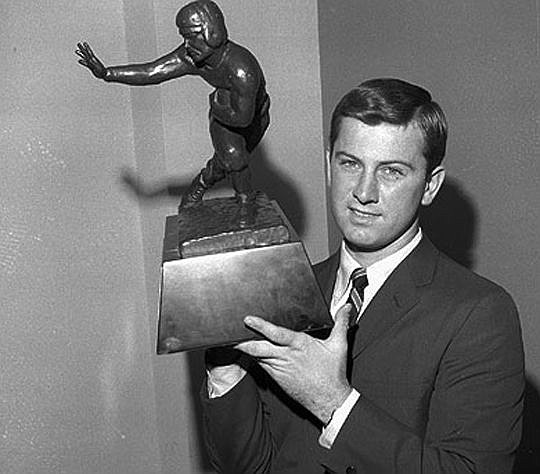
This week in 1966, the City Commission put a city employee out of business.
It was reported that for many years, prison farm Superintendent H.J. Pickett operated a for-profit business at the facility, selling cigarettes, soft drinks, candy and other items to prisoners.
In jailhouse slang, it was called “the basket.”
Commissioner George Carrison, whose authority included supervision of the farm, said he understood Pickett’s prices were “in line,” but he felt the superintendent conducting private business was not in keeping with good city policy.
Carrison estimated Pickett’s profit at up to $2,500 per year.
The commission approved setting up a revolving fund for such sales at the prison farm that would be audited by the city.
Vending machines also would be installed at the farm and all profits would go to the general fund budget.
• As more proof the entrepreneurial spirit has existed in Jacksonville for decades, City Commissioner George Mosely promised an investigation into reports that employees of the city Electric Department had been selling copies of city maps for personal profit for many years.
The question came up when the Jacksonville-Duval Area Planning Board requested the commission provide detailed city maps to be used for land use surveys.
The maps, which were considered the best available because of their scale and detail, were prepared by the Electric Department and showed the county’s entire electric distribution system.
That raised another question –– that of security.
Mosely, who was in charge of city utilities, said it had been suggested the maps might be classified because they so minutely detailed the power grid. The inference was the maps could aid possible sabotage.
City Attorney William Madison said the matter might best be cleared with the U.S. Department of Defense.
It was then that Commissioner Henry Broadstreet said he didn’t believe the planning board would distribute or sell any more of the maps than the utility employees.
“They’ve been doing it for years,” he said.
• The City Commission also was considered selling WJAX, the AM radio station the city owned.
Jack Strickland, station manager, said he thought selling it would be a mistake. He said WJAX was one of the most respected radio stations in the industry and termed it an “aspect of city government the electorate can be very proud of.”
Special public service programs produced at the station dealt with county agents and gardening problems, the Red Cross and Salvation Army, astronomy and the weekly Duval County Medical Forum.
“It is the only Jacksonville station, and one of the few in the Southeast, that maintains a full-time public service director,” said Strickland.
In addition to Sunday religious programming, WJAX devoted time throughout the day to hymns and messages from ministers.
• In New York City, University of Florida quarterback Steve Spurrier won the Heisman Trophy in what was described as “a romp over the best college football players in America.”
Bob Griese of Purdue was a distant second to the 21-year-old Spurrier, followed by Nick Eddy of Notre Dame, Gary Beban of UCLA, Floyd Little of Syracuse and Clint Jones of Michigan State.
“This is the greatest honor any college athlete could ever hope to win,” Spurrier said. “I’m happy for the college, for the state and for the South.”
• St. Luke’s Hospital was awarded a $400,000 grant from the U.S. Department of Health, Education and Welfare.
Immediate expansion of the hospital called for adding 73 beds to the 240-bed facility, a new laboratory, X-ray equipment and other improvements that would be incorporated into a 500-bed hospital expected to be built by 1976.
• Circuit Judge Marion Gooding was one of five finalists selected by the Florida Jaycees who had made outstanding contributions to good government.
He was recognized for leading the Duval County grand jury in its investigation of government corruption and its handing down of 104 indictments against city and county officials.
• Syracuse University accepted an invitation to play in the 22nd annual Gator Bowl game on Dec. 31.
The opponent would be announced later, but it would be Tennessee, Mississippi or Miami.
“We are delighted to land a team that is the eastern college champion and one of the nation’s most powerful teams,” said A.J. Robids, selection committee chairman.
“And wait until the people in the South see Floyd Little and Larry Csonka. They are truly fantastic,” he added.